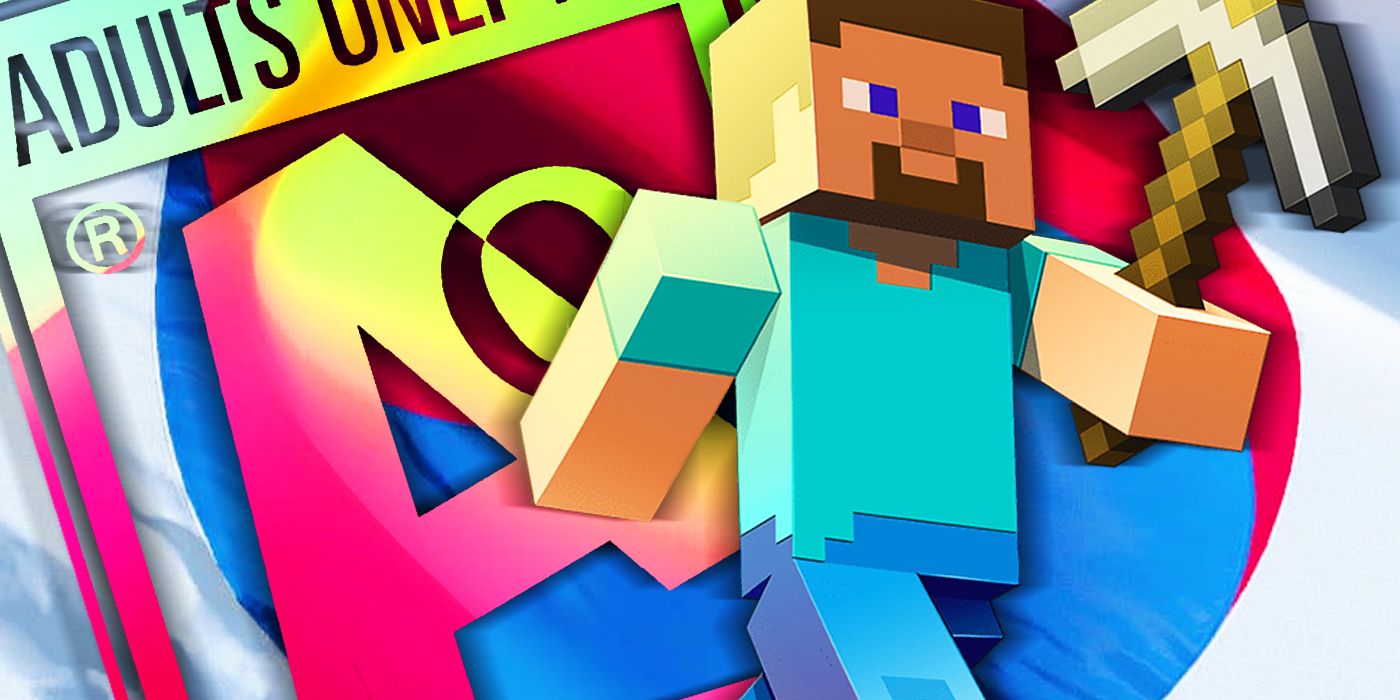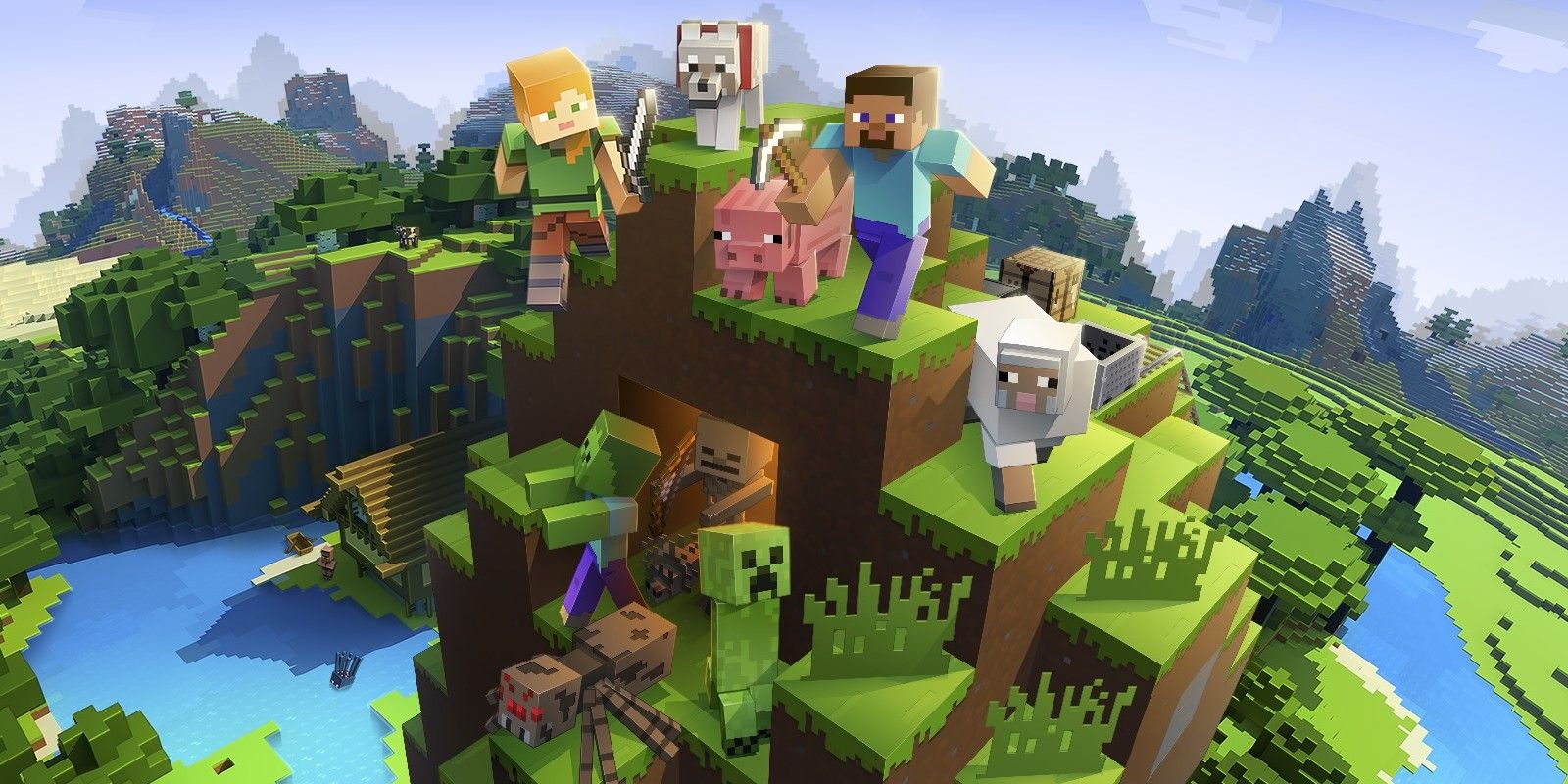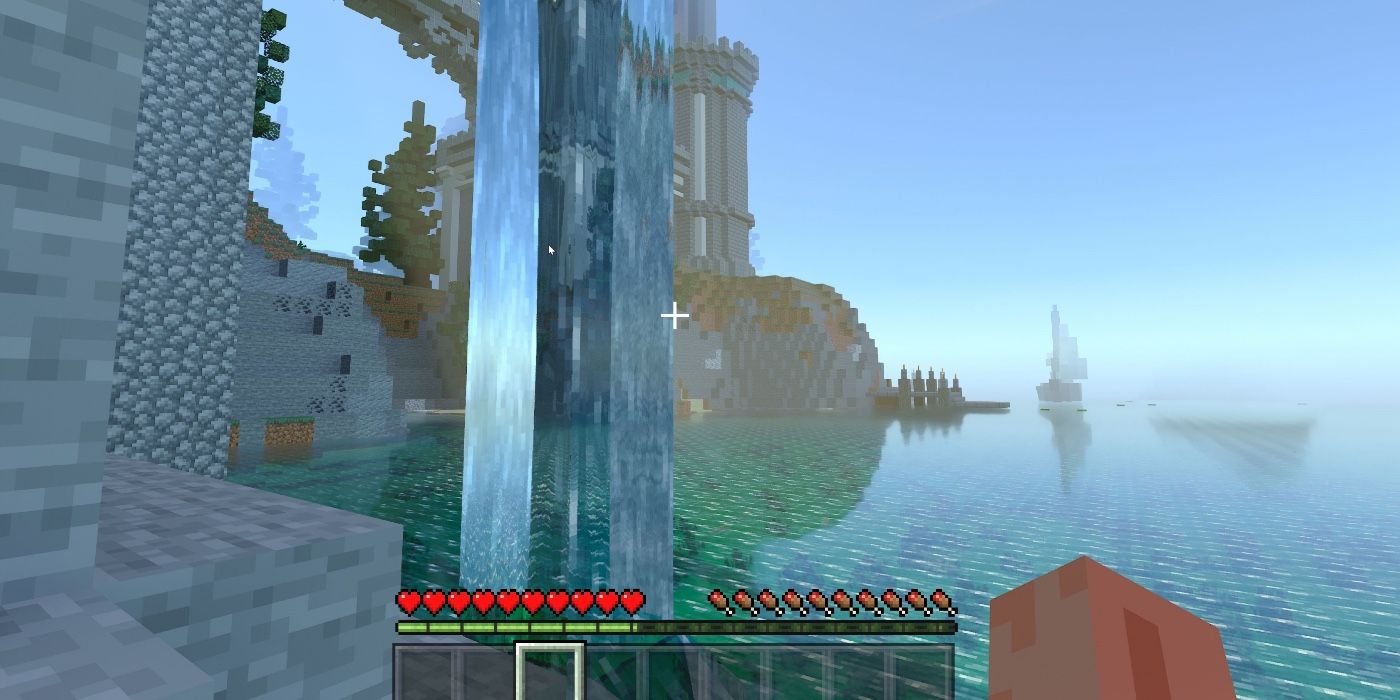One of the most popular games ever made, Minecraft is beloved by hundreds of millions of gamers across the globe and available on every platform. However, in South Korea, the massive sandbox title is restricted from being played by minors and teenagers.
The restriction is the result of what's known as the Cinderella Law. In 2011, the South Korean government introduced this controversial piece of legislation as a means of preventing minors from playing online games after midnight, locking them out of the services until 6 am. The government’s reasoning for the law was to curb perceived threats of internet and video game addiction, though it should be noted that the rule doesn’t affect mobile games for whatever reason.
Microsoft, along with several other gaming companies, changed its policy for South Korea to meet the demands of the new law. Starting in 2012, anyone in South Korea who wanted to make a Microsoft account must be at least 19 years old. While the law has been in place for some time, it didn’t affect Minecraft as players could sign in with their Mojang account, which requires no age verification, providing an oasis of play for young gamers. However, that's all changed with Microsoft’s plan to migrate Mojang accounts to Microsoft accounts. The migration has been underway for some time as a voluntary process, but as of July 7, this has become mandatory for all users, including those located in South Korea. This law, combined with Microsoft’s decision to restrict Xbox Live access, has effectively halted children from playing the game despite being rated 12 and above in age.
The direct and indirect effects of the curfew have received a lot of backlash from the gaming community. Opponents have started a petition to remove the Cinderella Law and its restrictions, which has 88,000 signatures to date. Many critics also point out that there were alternative ways for Microsoft to handle the situation, such as implementing a form of after-hours screening to Xbox Live or setting up dedicated servers local to the region. A representative of Microsoft confirmed that the global migration of player accounts would be moving forward but mentioned that they’re working on a long-term solution for South Korean players under 19 to play the game again. Whether or not Microsoft or the Korean government will make any adjustments to their respective policies for this issue is yet to be seen.
South Korea isn’t the only country with this kind of curfew. In 2019, China introduced its own legislation that prevents gamers under 18 from playing online between 10 pm and 8 am. The Chinese government took this a step further by limiting children from playing video games for more than 90 minutes on weekdays and three hours on weekends. Many countries around the world recognize video game addiction as a disorder for compulsive gamers. Many people who play games do so as a way of relaxing or escaping from issues or boredom in the real world. While it definitely wouldn’t be healthy to play games without end continuously, the benefits of this law are considered negligible at best. It can also be circumvented through children holding accounts created with their parent’s personal information to fill in the blanks.
As for Minecraft, its popularity has led to it finding uses outside of gaming. In fact, it's so innovative that it’s been used in educational environments on numerous occasions. These include obvious things like architecture, or even the realm of computer systems, as users have been known to create virtual computers and hardware devices within the game world. Minecraft is a game that encourages players to (ironically) think outside the box, but time will tell if a prominent player base will ever be able to access the game again.



